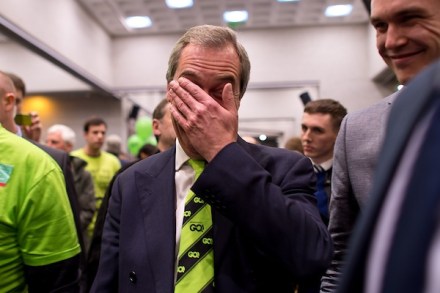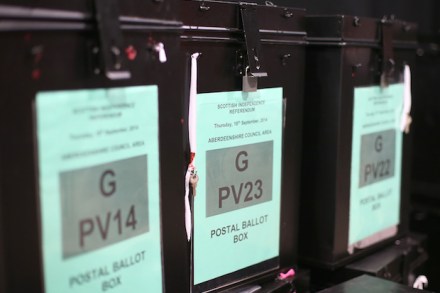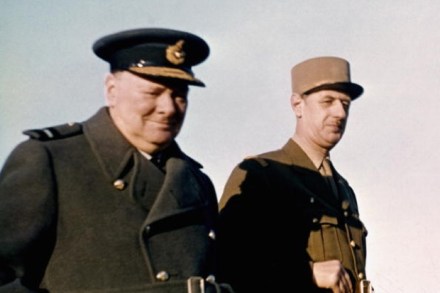Vote Leave loses its temper over ITV referendum event
If the Leave campaign in the EU referendum was resembling Project Grouch a few weeks ago, today it is rather closer to Project Apoplexy. Vote Leave exploded late last night after ITV announced that it would be holding a live referendum event with David Cameron and Nigel Farage. The campaign group first accused the broadcaster of a ‘stitch-up’, furious that it had capitulated to Number 10’s demands that there be no blue-on-blue fighting on the programme, and picked Nigel Farage, who is not just the member of rival campaign Leave.EU but also a turn-off to the sort of swing voters the Leave bunch actually need to appeal to. Then things


















